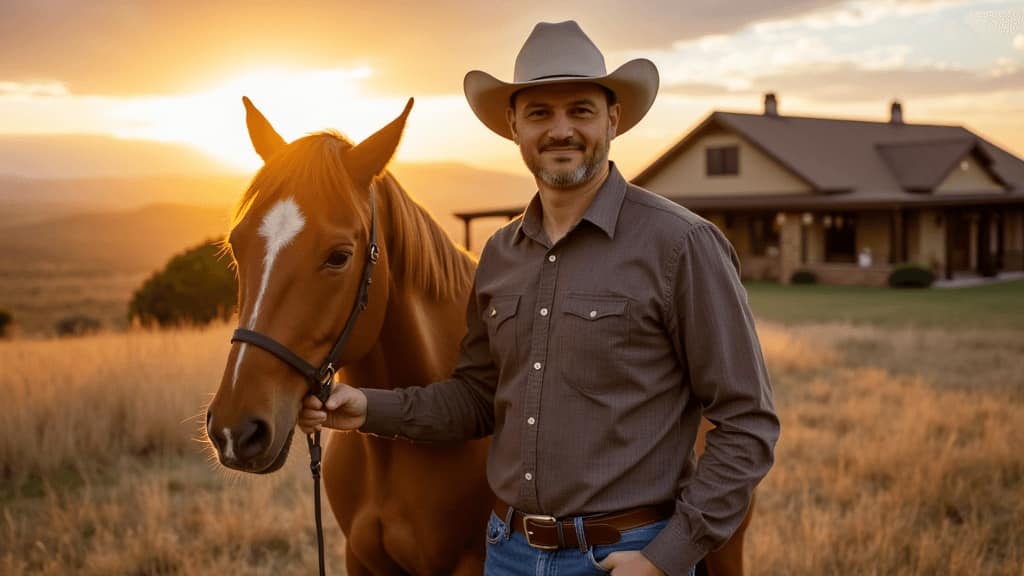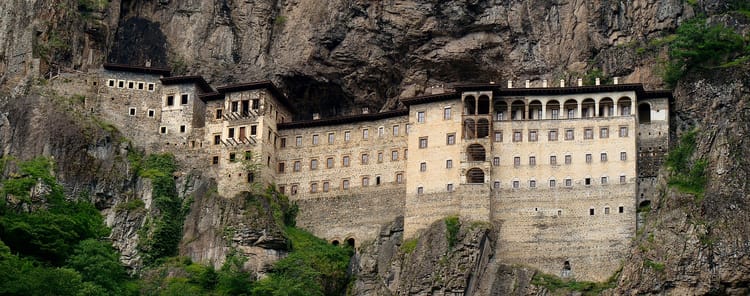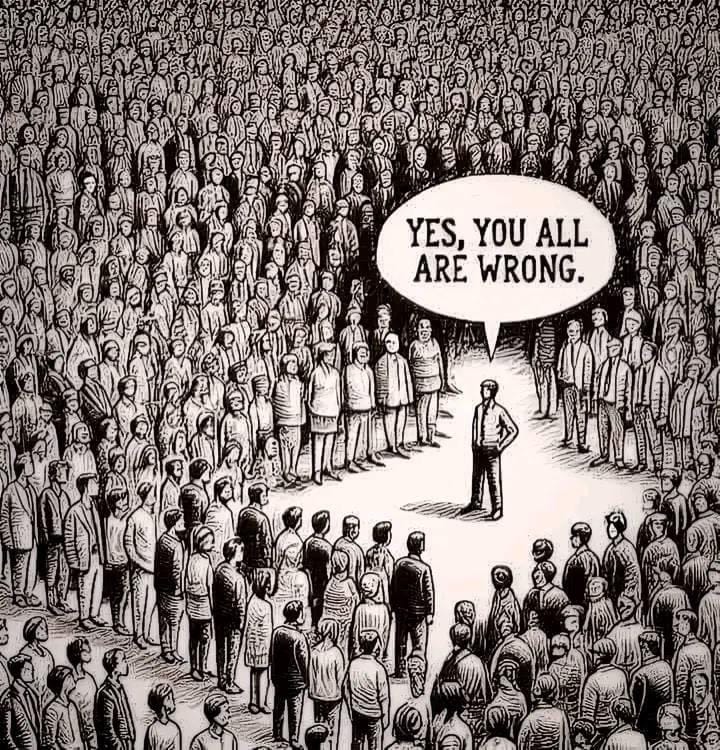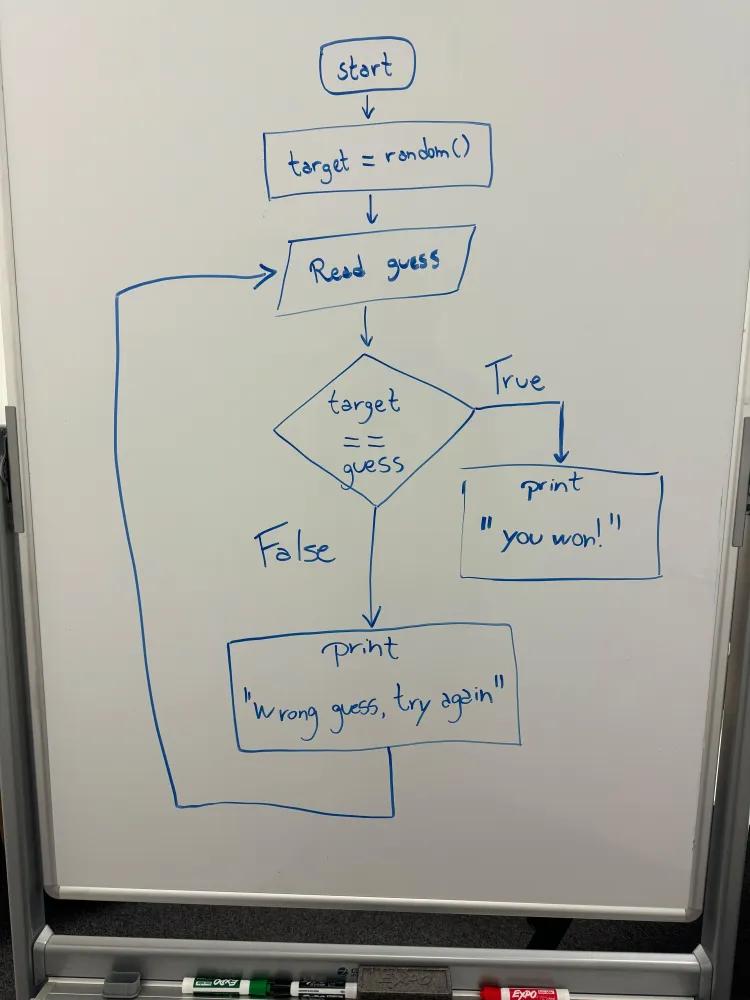What Is It That You Do?
I often times run into an interesting and quite useful application like I did today. I always get curious about
Unified, Open Source, Cloud Email? Thunderbird Says It's Coming.
A new email solution by the Mozilla Foundation is coming to the masses.
I Hate Big Tech
I hate Big Tech. Because Big Tech hates me.
Sumela Monastery
I’m not Eastern Orthodox (one of the three branches of Christianity), but this doesn’t hinder me from being
The Tale of Two Wests
The conflict within Western civilization today can be broadly characterized as a clash between two distinct visions of what the
Grok is a game-changer!
X Ai just announced Grok 1.5 and it’s game-changer!
Not only Grok can handle now office documents, spreadsheets








